But shouldn't all of us on earth give the best we have to others and offer whatever is in our power?
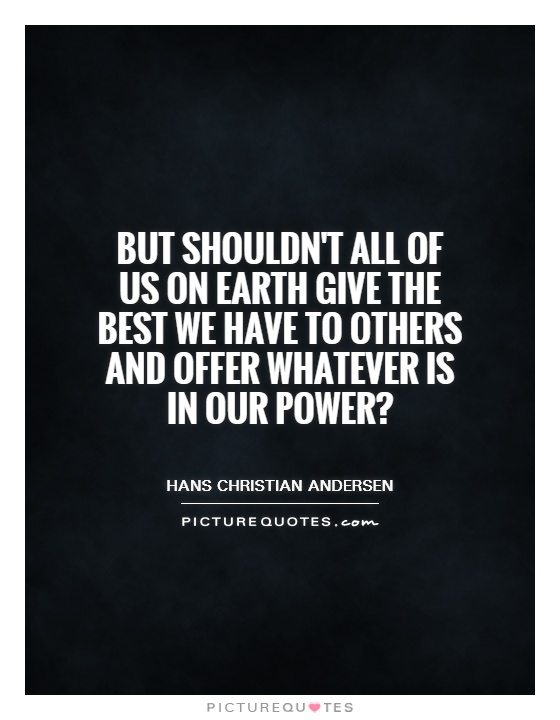
But shouldn't all of us on earth give the best we have to others and offer whatever is in our power?
Hans Christian Andersen, the renowned Danish author and poet, is best known for his fairy tales that have captured the hearts of readers around the world. His stories often carry moral lessons and themes of kindness, compassion, and selflessness. One of the recurring themes in Andersen's works is the idea of giving the best of oneself to others and offering whatever is in one's power to help those in need.Andersen himself embodied this principle in his own life. Despite facing numerous challenges and setbacks, he always remained committed to using his talents and resources to make a positive impact on the world. Through his writing, he sought to inspire others to do the same, encouraging readers to be generous, empathetic, and caring towards their fellow human beings.
In his famous tale "The Little Match Girl," Andersen tells the story of a poor young girl who is forced to sell matches on the street in order to support herself and her family. Despite her dire circumstances, the girl remains kind and compassionate, sharing her matches with others and offering warmth and comfort to those in need. Through her selfless actions, she ultimately finds peace and happiness in the afterlife.
This story, like many of Andersen's works, serves as a powerful reminder of the importance of giving the best we have to others and offering whatever is in our power to help those less fortunate. It encourages readers to look beyond their own needs and desires and to consider the well-being of others, especially those who are marginalized or disadvantaged.
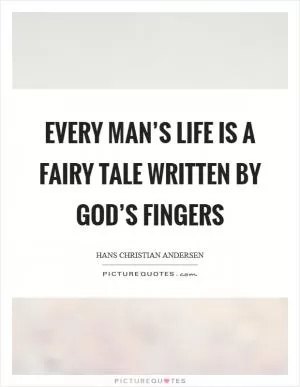


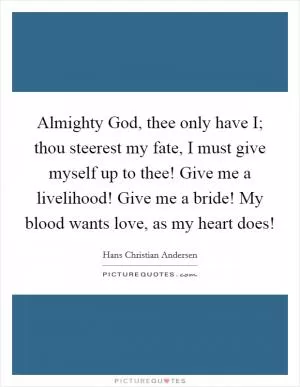

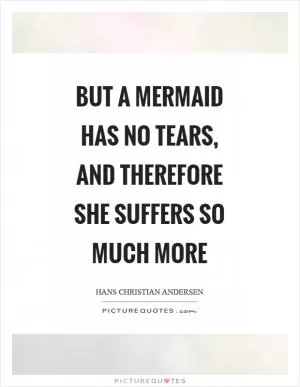
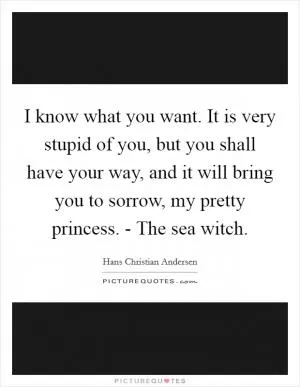
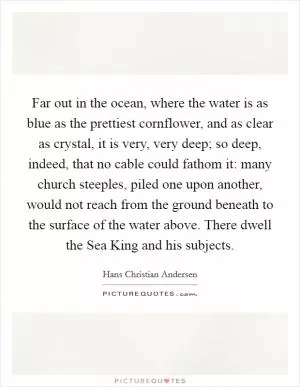
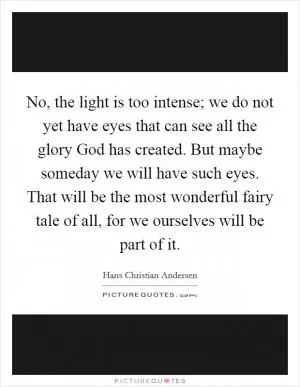
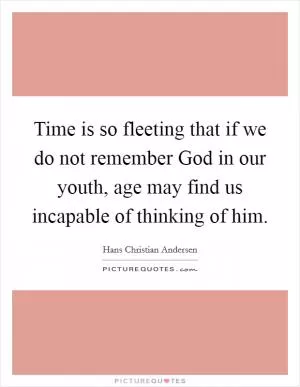


 Friendship Quotes
Friendship Quotes Love Quotes
Love Quotes Life Quotes
Life Quotes Funny Quotes
Funny Quotes Motivational Quotes
Motivational Quotes Inspirational Quotes
Inspirational Quotes